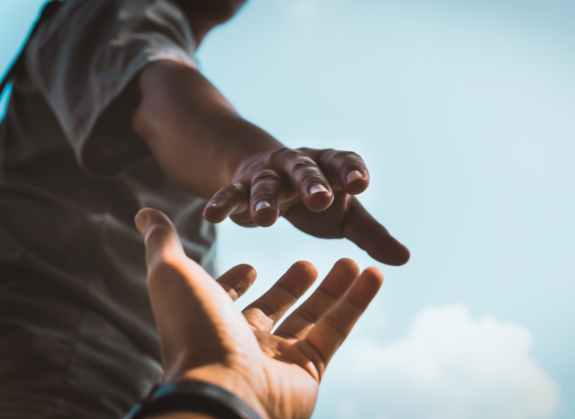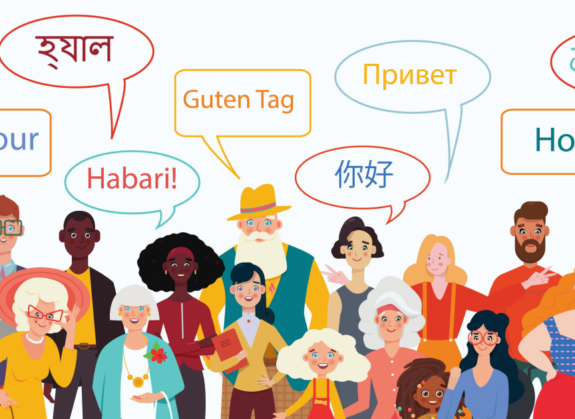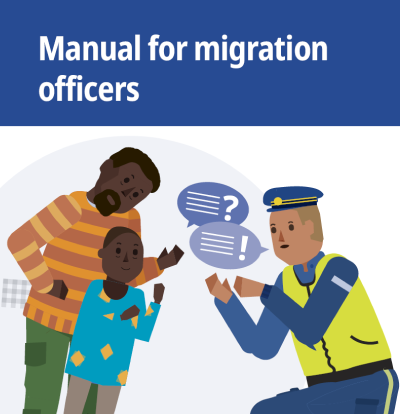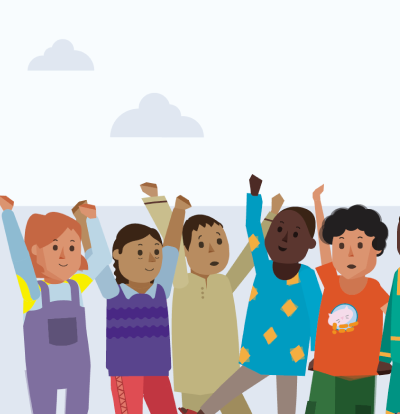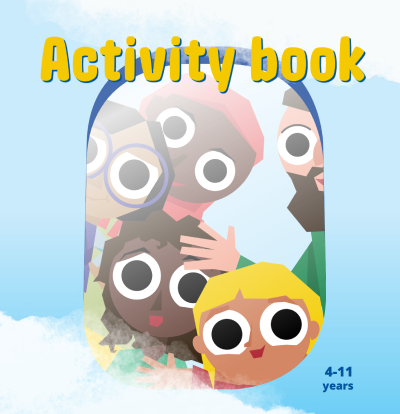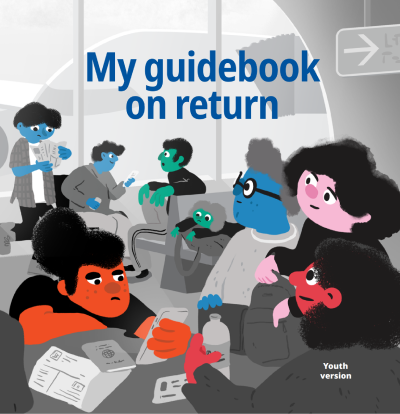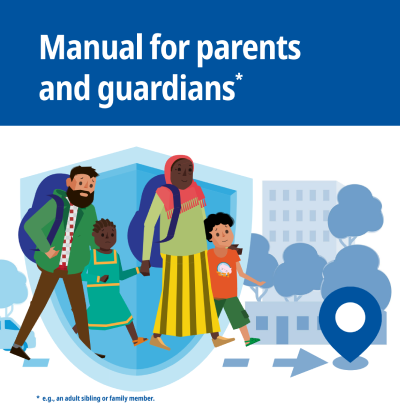Frontex has developed a training, focused on a rights-based approach when working with children and families in all stages of the return procedure. The intended participants are police officers, border guards, or civil servants, as well as decision makers, who (will) regularly work with children and families in return.
The training is offered as a multiplier’s version, allowing participants who pass the exam (and who are not already certified trainers) to join in a multiplier workshop (organised by the Frontex Academy) and share the content of the training on a national level.
To accommodate the high interest in participation from the Member States, Frontex’s Return Division is currently developing a trainer’s version of the workshop. It will allow Member States trainers and experts to become “multipliers” and share the content of the workshop on a national level.



